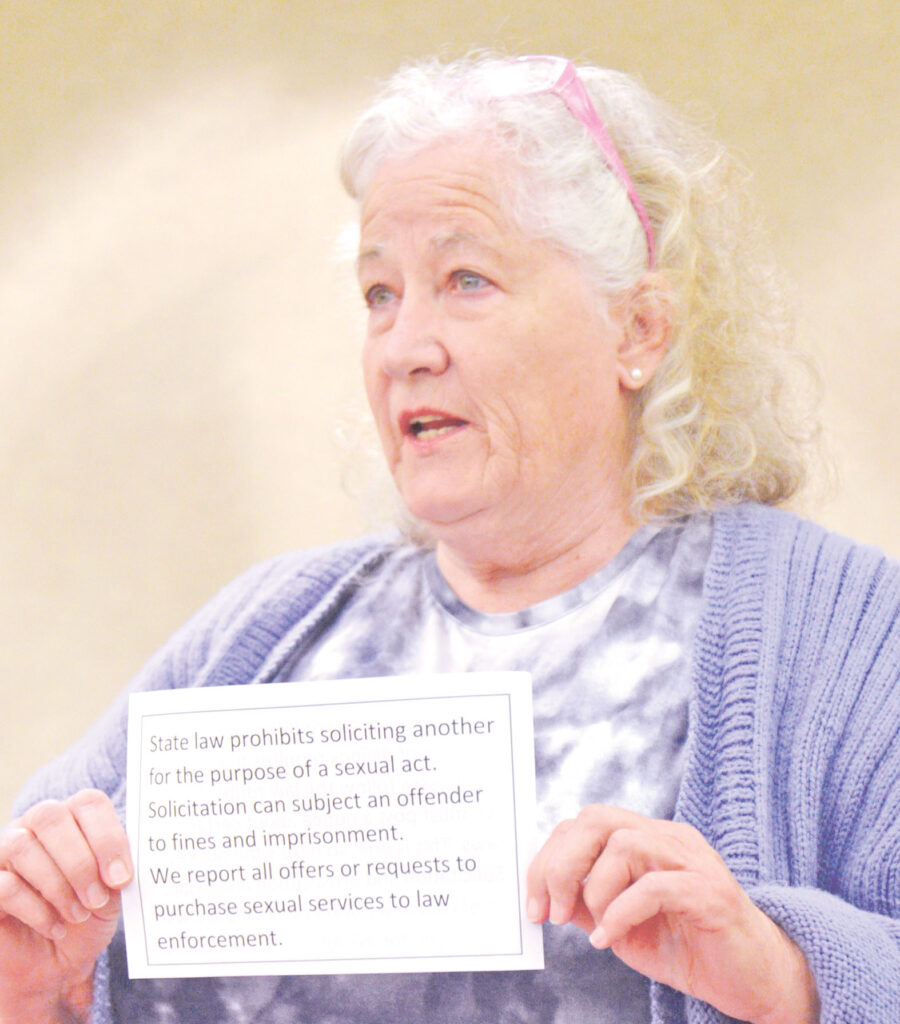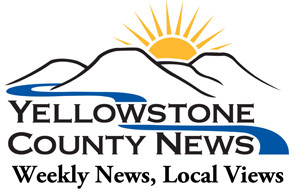
(Jonathan McNiven photo)
There are over 200 licensed massage therapists in the city of Billings. Recently, a city ordinance was introduced with the expressed purpose of protecting massage therapists while cracking down on human traffickers running brothels under the guise of a massage business, but many massage therapists are taking extreme offense to the wording of the ordinance, saying that it will be more harmful than beneficial.
The ordinance would require massage therapists to apply for an additional license to operate in the city of Billings on top of the license they receive from the state and subject them to new regulations if they wish to continue operating in the city of Billings. The ordinance proposes things like all doors, other than bathrooms, would be required to be unlocked during all business hours, all licenses and a sign stating solicitation is illegal would be required to be posted, buildings would be required to have large, non-tinted windows from the front of the business so that a reception area can be viewed from outside, allowing raids of massage therapy businesses to determine compliance, and several requirements to show that the owner and any employees are, in fact ,massage therapists and not prostitutes.
Susan Carlson and Deborah Kimmet, of the Business League for Massage Therapy and Bodywork, say that much of this ordinance is punishing to massage therapists while ignoring the fact that it will do little to impede brothels that may have the word “Massage” or “Spa” on their building. Carlson says that the sign the ordinance would require would be detrimental to business as it makes it seem like massage therapy is part of the problem and would make customers feel immediately uncomfortable. They also take issue with the fact that the ordinance uses the terms “illicit massage” and “massage parlor” when describing brothels as it continues to link the world’s oldest profession to the recognized health care field of massage therapy, saying that they are “treating healthcare like adult entertainment” and pointing out that if someone is running a gambling ring out of the back of a restaurant we don’t call it an “illicit restaurant.”

